Texas regulators with Public Utility Commission of Texas approve ERCOT’s use of 765-kv lines for its future grid system power superhighway


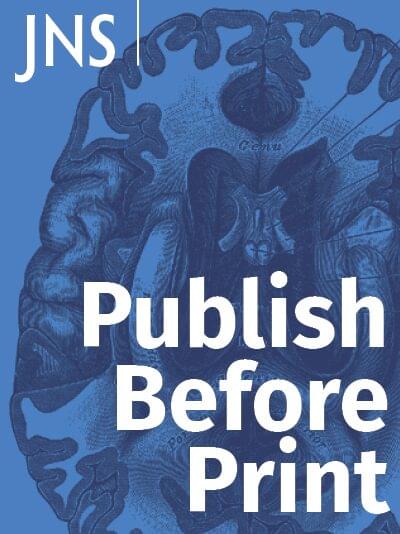
The aim of this study was to examine the clinical characteristics of Rathke’s cleft cyst (RCC) with secondary hypophysitis and compare them with the clinical characteristics of common RCC.
This single-center retrospective cohort study included cases of pituitary disease in which endoscopic transnasal surgery was performed from January 2011 to March 2023. Patients with RCC were identified, and secondary hypophysitis was subsequently identified based on pathological and MRI findings. Pathologically, the presence of lymphocytic infiltration into the normal anterior pituitary gland was used as a criterion for determining hypophysitis. On MRI, RCCs showing marked thickening of the cyst wall and pituitary stalk swelling ≥ 3.5 mm were considered as hypophysitis. A comparative study was performed at our institution using retrospectively collected data on RCCs with secondary hypophysitis and common RCCs.
The study included 11 patients with RCC with secondary hypophysitis (median age 36 years) and 95 patients with common RCC (median age 51 years). The proportions of patients with headache (90.9% vs 48.4%, p = 0.009), fever (63.6% vs 1.1%, p < 0.001), panhypopituitarism (90.9% vs 24.2%, p < 0.001), and diabetes insipidus (90.9% vs 21.1%, p < 0.001) were significantly higher in the RCC with secondary hypophysitis group than the common RCC group. Although reaccumulation rates and the time to reaccumulation did not differ between the groups, the operative rate when reaccumulation occurred was significantly higher in patients with RCC with secondary hypophysitis than in those with common RCC (75% vs 13%, p = 0.015).
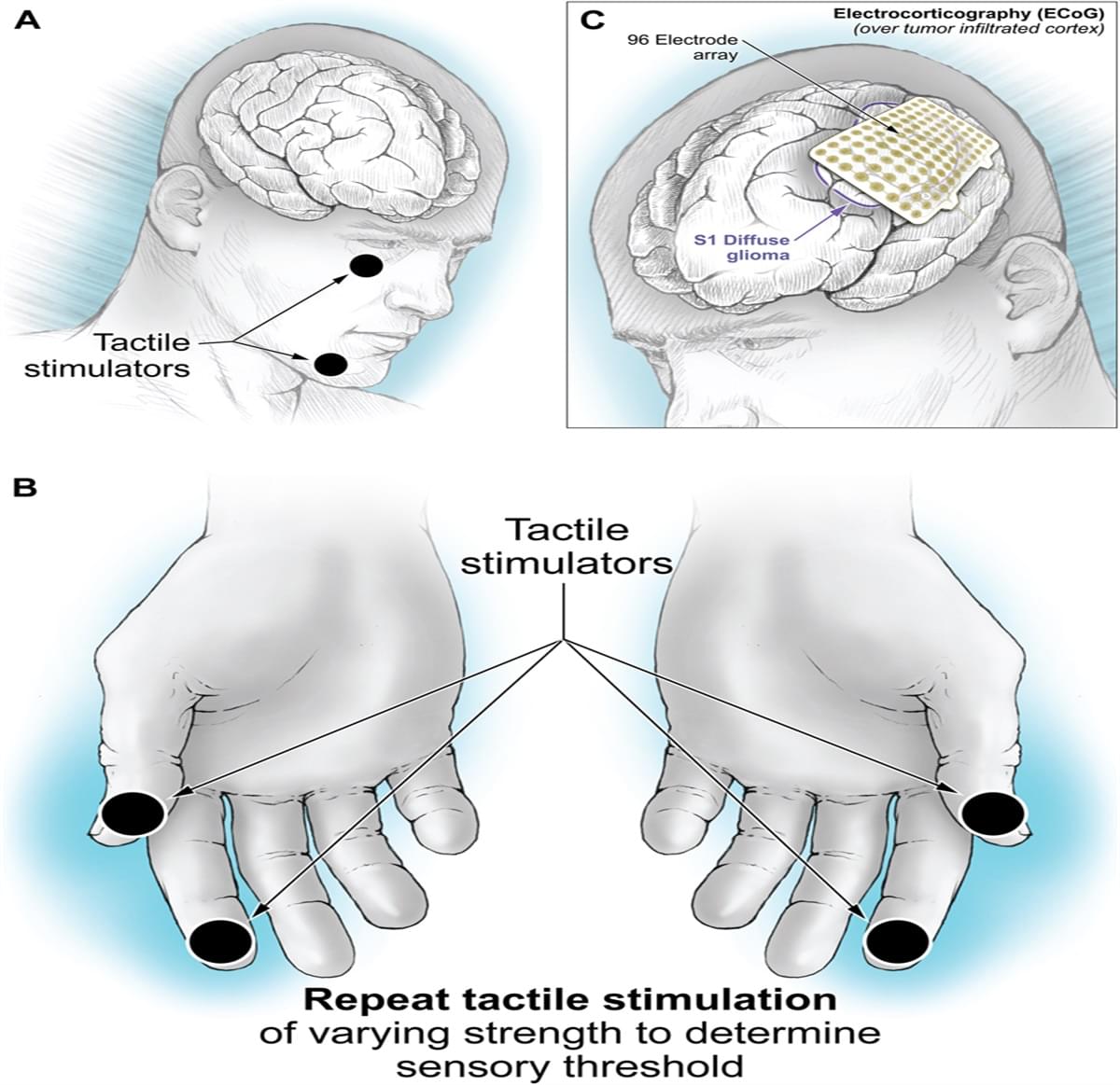
Responses, necessitating refined somatosensory mapping techniques.
METHODS:
Using piezoelectric tactile stimulators on patients’ faces and hands, we delivered 25 Hz vibrations and prompted patients to discriminate between dermatomes. Testing included areas contralateral to tumor-infiltrated and to non–tumor-infiltrated cortical regions. Sensory thresholds were determined by reducing stimulus intensity based on performance. Intraoperatively, electrocorticography electrode arrays were used to map sensory responses, and postoperative assessments evaluated sensory outcomes.
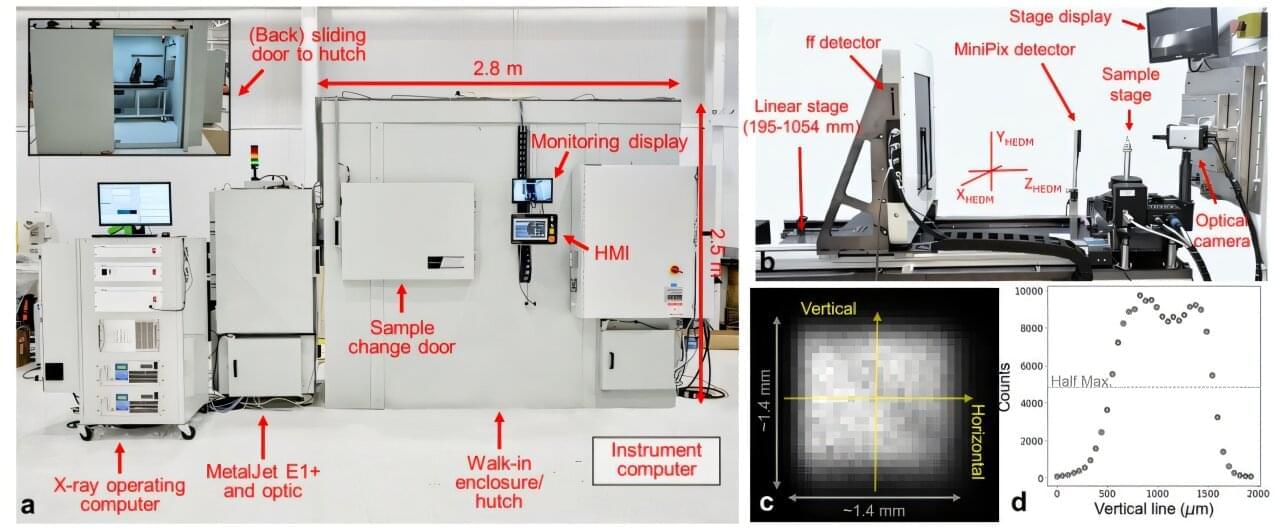
For the first time, researchers can study the microstructures inside metals, ceramics and rocks with X-rays in a standard laboratory without needing to travel to a particle accelerator, according to a study led by University of Michigan engineers.
The work is published in the journal Nature Communications.
The new technique makes 3D X-ray diffraction—known as 3DXRD—more readily accessible, potentially enabling quick analysis of samples and prototypes in academia and industry, as well as providing more opportunities for students.
The system was trained to decode words and turn them into speech in increments of 80 milliseconds (0.08 seconds). For comparison, people speak about three words per second, or around 130 words per minute. The system then delivered audible words using the woman’s voice, which was captured from a recording made before the stroke.
The system was able to decode the full vocabulary set at a rate of 47.5 words per minute. It could decode a simpler set of 50 words even more rapidly, at 90.9 words per minute. That’s much faster than an earlier device the researchers had developed, which decoded about 15 words per minute with a 50-word vocabulary. The new device had a more than 99% success rate in decoding and synthesizing speech in less than 80 milliseconds. It took less than a quarter of a second to translate speech-related brain activity into audible speech.
The researchers found that the system wasn’t limited to trained words or sentences. It could make out novel words and decode new sentences to produce fluent speech. The device could also produce speech indefinitely without interruption.
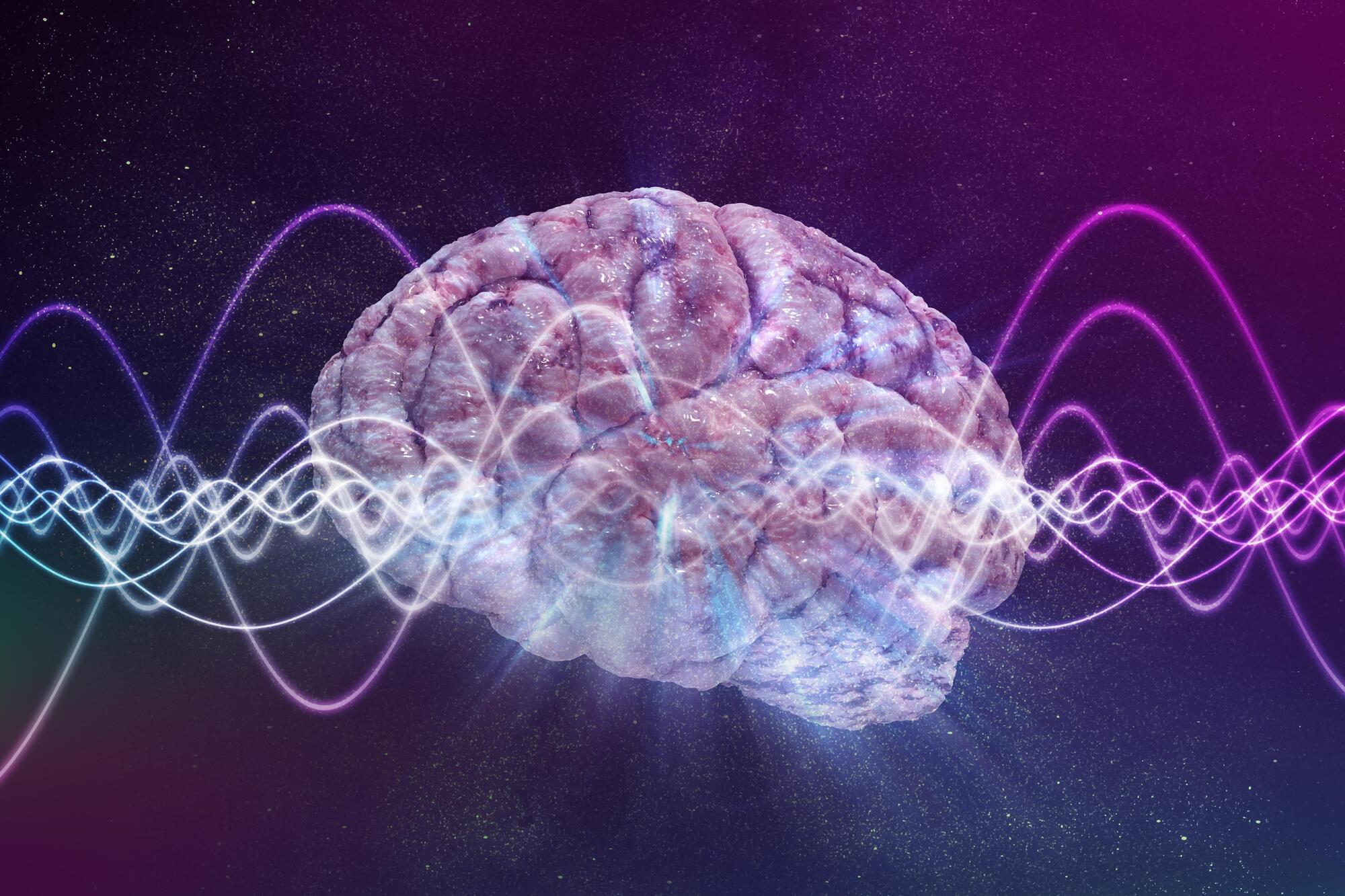
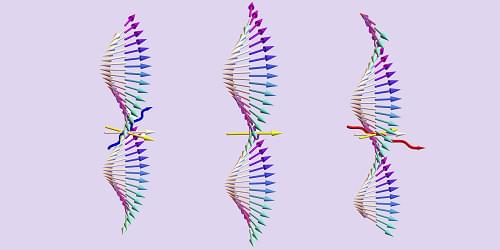
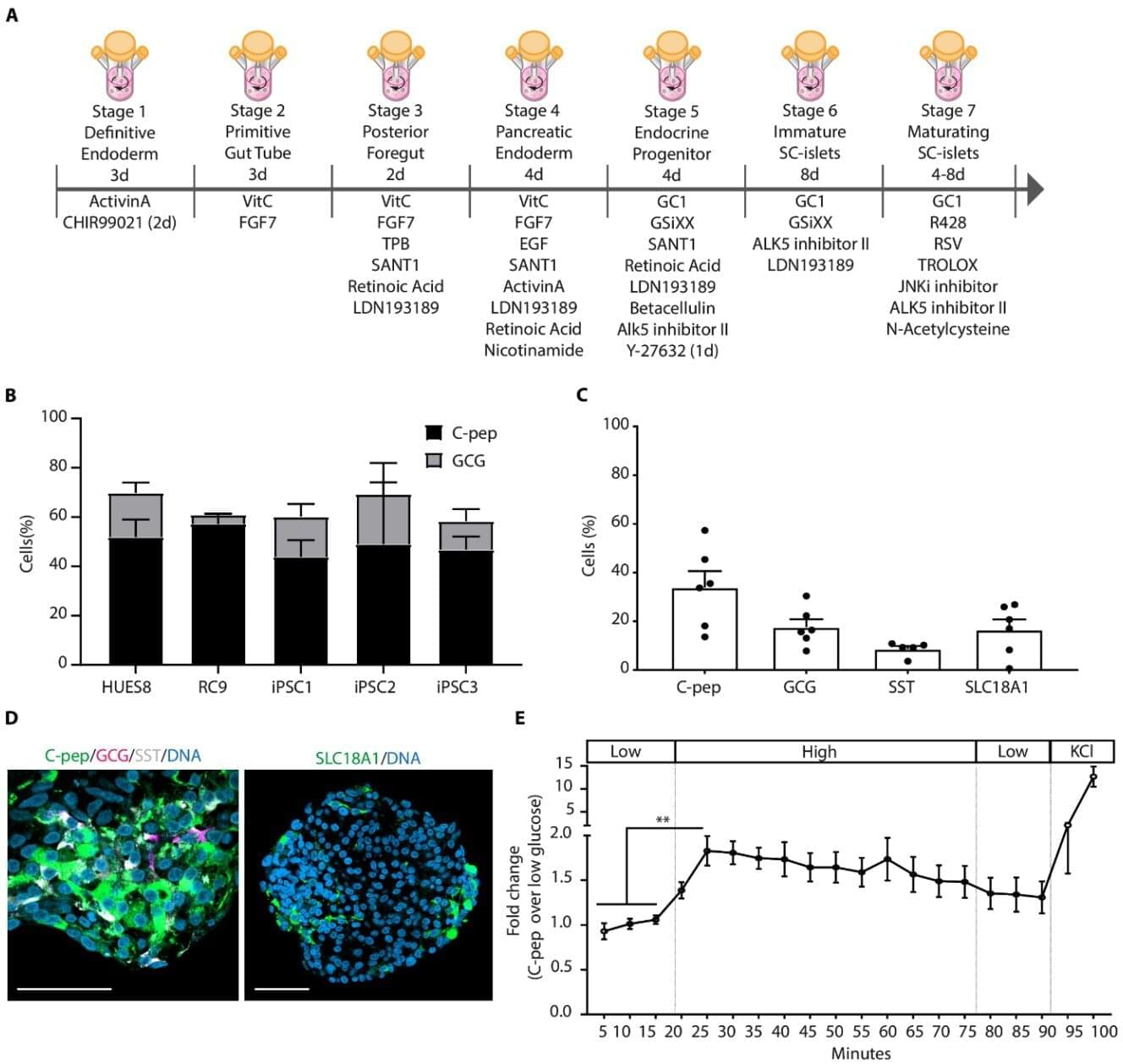
Stem cell-derived pancreatic islets are being studied as a rich transplantable source for insulin production, a therapeutic for type 1 diabetes that overcomes the need to obtain islet cells from deceased donors.
The first attempts to transplant islet cells to treat type 1 diabetes began half a century ago. Doctors then sought the pancreatic tissue of deceased donors from which islet-producing tissue was removed for transplants. The islets produce life-saving insulin. Substantial advancements and increased success rates have led to islet-cell transplants becoming an approved therapy in Canada and Europe. The technique is still considered investigational in the United States.
But in a series of new advances, a team of endocrinologists and regenerative medicine specialists in the Netherlands has developed methods that improve the production of stem cells used to generate insulin-making islets.
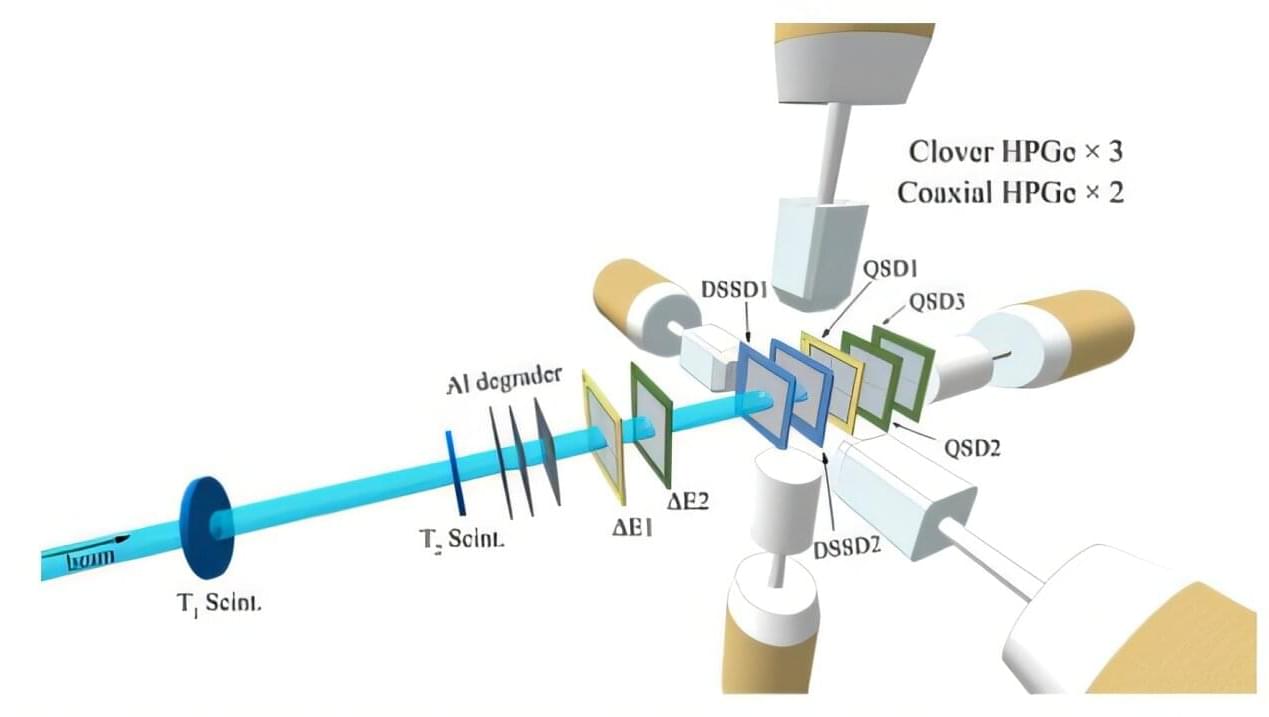
Exotic nuclei near and beyond the proton drip line exhibit a range of unique decay processes, including β-delayed proton emission, α decay, and direct proton radioactivity. Spectroscopic studies utilizing high-efficiency, low-threshold detection systems have become essential for exploring the intricate properties of these nuclei.
In nuclear physics research, exotic nuclei play a crucial role as their decay characteristics can provide key clues for revealing the nature of nuclear forces and testing nuclear structure theoretical models. However, due to the extreme rarity and difficulty in measuring these decay processes, related research has always faced numerous challenges.
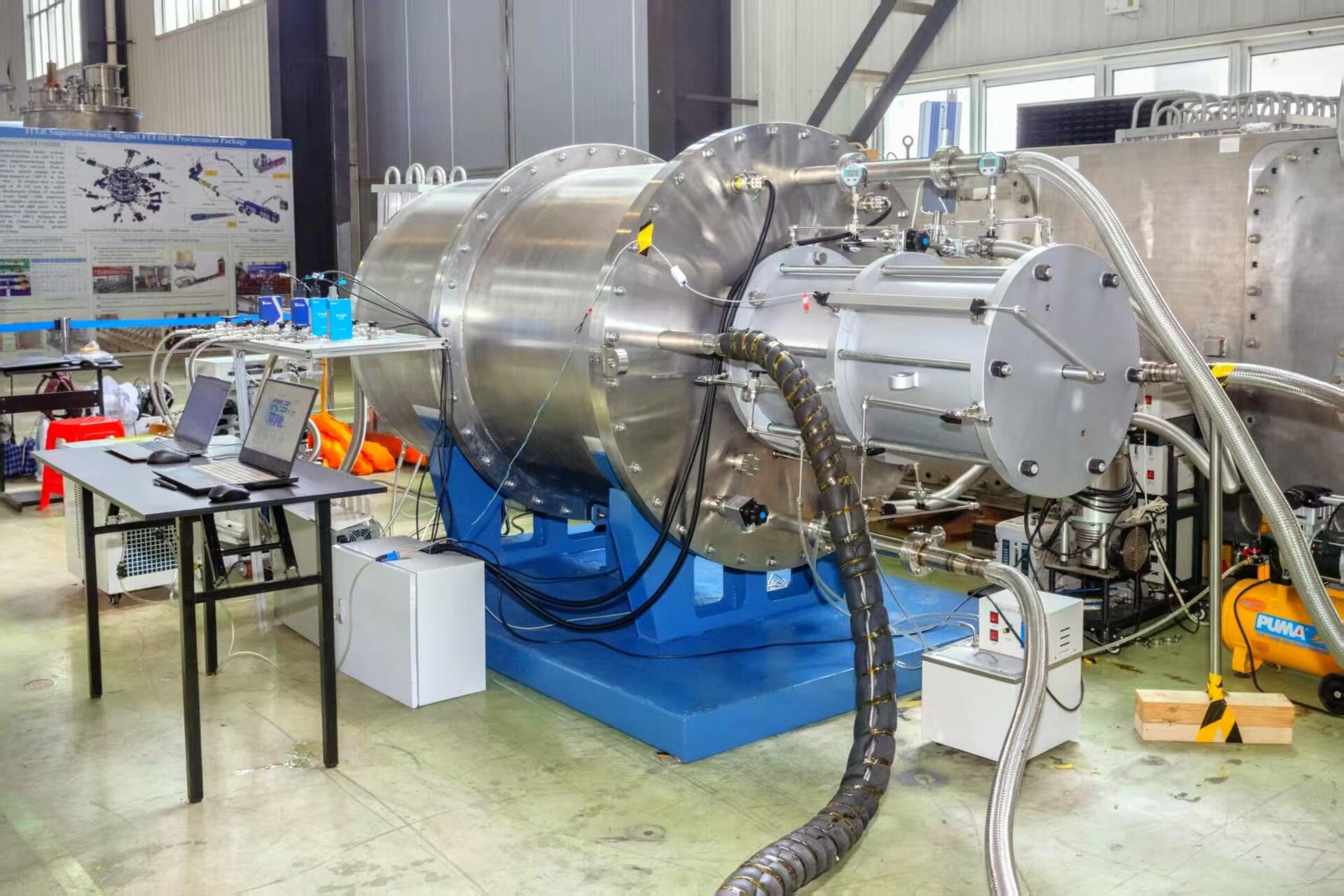
A research team from the Hefei Institutes of Physical Science of the Chinese Academy of Sciences has developed a novel large-scale compound cryopump (multi-stage cryopump) capable of separating fuel particles from helium ash.
Designed to meet the demanding requirements of radiation resistance and efficient gas handling, the cryopump features an innovative structural configuration and utilizes a new fabrication technique. The researchers developed a process for bonding activated charcoal to cryogenic panels using an inorganic cryo-adhesive, ensuring long-term stability under extreme conditions. The full-scale prototype measures 1.2 meters in diameter, includes a 0.58-meter valve opening, and weighs 4 tons.
Cryopumps based on adsorption technology are widely recognized as essential components in fusion systems. They offer large pumping speeds, broad temperature tolerance, and strong resistance to harsh electromagnetic and nuclear conditions. These capabilities are critical for the removal of unburned fuel and helium ash—key to maintaining plasma stability and enabling sustained fusion reactions.